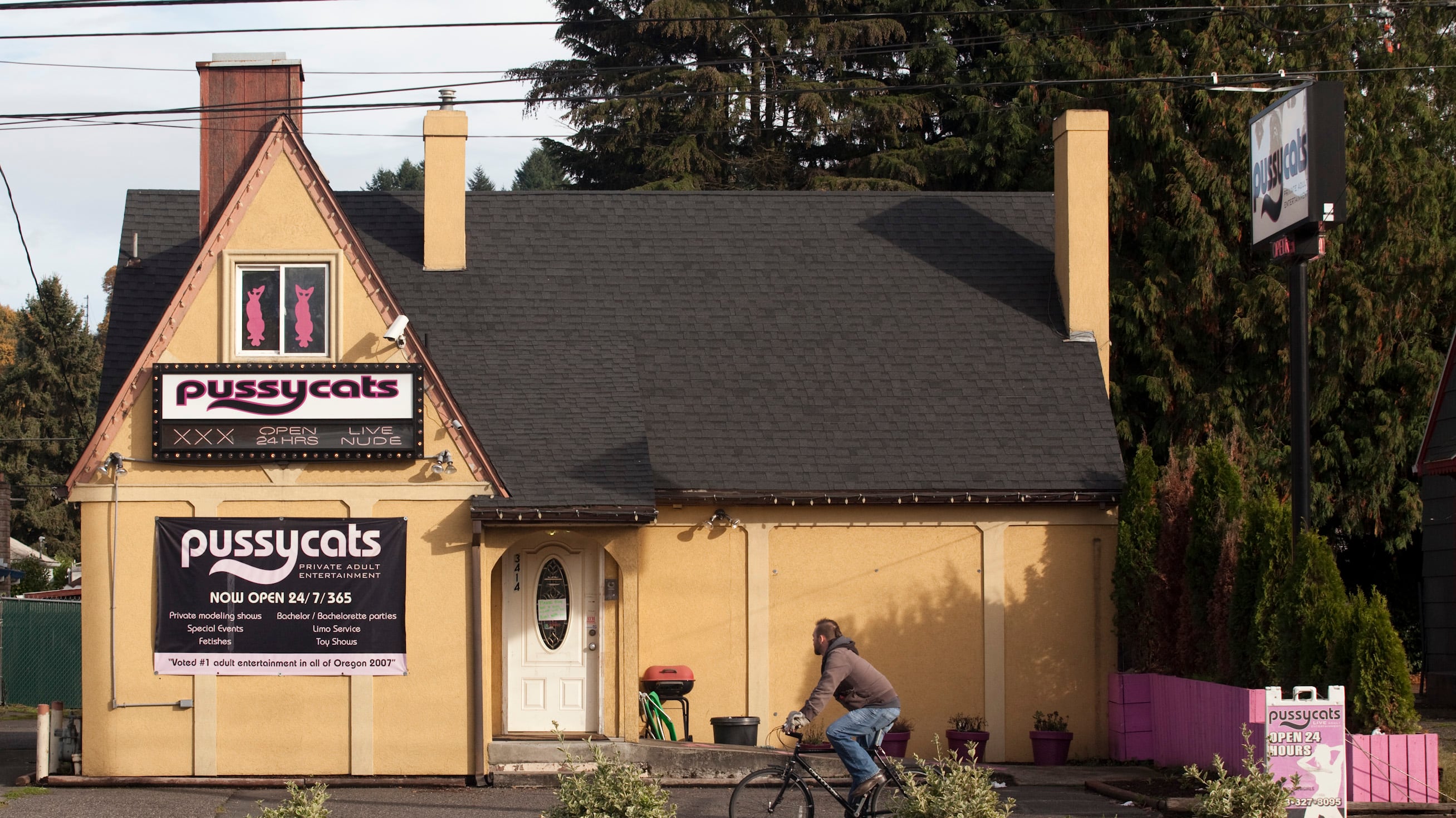In the current city council election to replace City Commissioner Dan Saltzman, candidates have noted that four of the five current city commissioners live on Portland's west side, while only one, Chloe Eudaly, lives on the more populated east side of the Willamette River. And none lives east of 82nd Avenue.
The race for Saltzman's seat includes three women of color—Multnomah County Commissioner Loretta Smith; former state Rep. Jo Ann Hardesty (D-Portland) and mayoral aide and David Douglas school board member Andrea Valerrama, all of whom live east of 82nd Avenue, and two white candidates, architect Stuart Emmons and Felicia Williams, the business manager for a bio-tech company, who live on the westside.
The east-west divide, of course, is about much more than geography. While the inner eastside—inside 82nd Avenue—has gentrified rapidly, the neighborhoods east of 82nd still have fewer parks, less access to public transit, more traffic fatalities and more crime than westsiders.
Today, economist Josh Lehner in the state's Office of Economic Analysis published some new charts that show the relative incomes of different ethnic groups. It's no secret that black and Latino Portlanders earn significantly less than white Portlanders, but Lehner has taken the analysis one step further and graphically present Portland's geographic economic divide.
Using census data, he looked at incomes in the areas east of 82nd Ave. and around Portland International Airport and compared them to incomes on the west side. The differences are stark—about $25,000 per year.

That's especially noteworthy because housing costs east of 82nd Avenue have skyrocketed in recent years. Home prices in East Portland have increased even faster on the outer eastside than in the city as a whole, often exceeding $300,000.
Look for WW's endorsement in the race for Saltzman's seat and all other local primary contests tomorrow.

